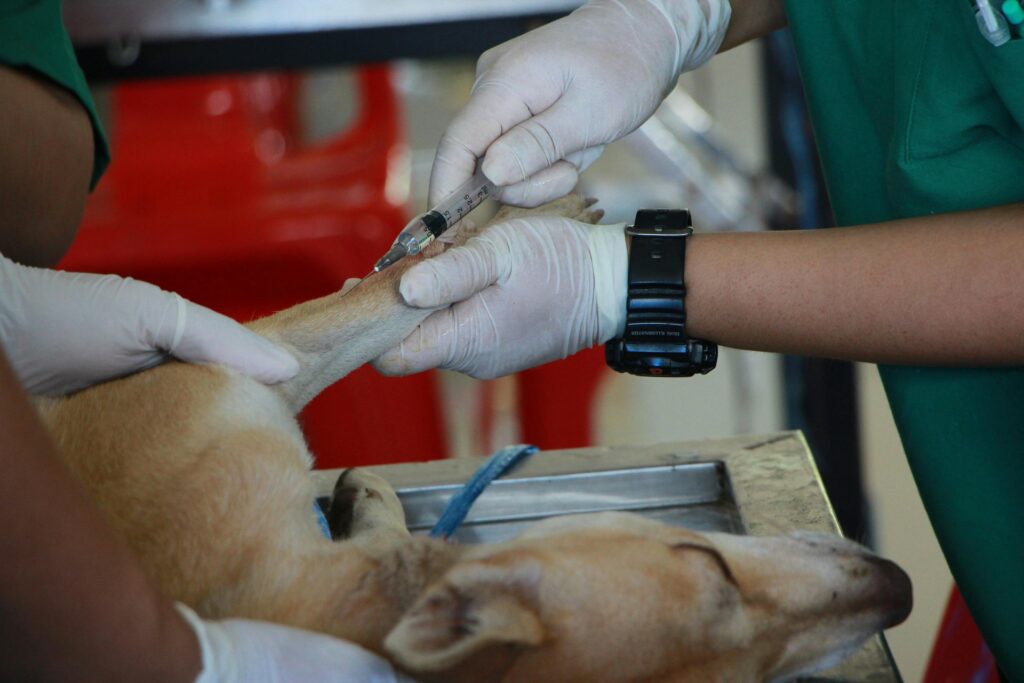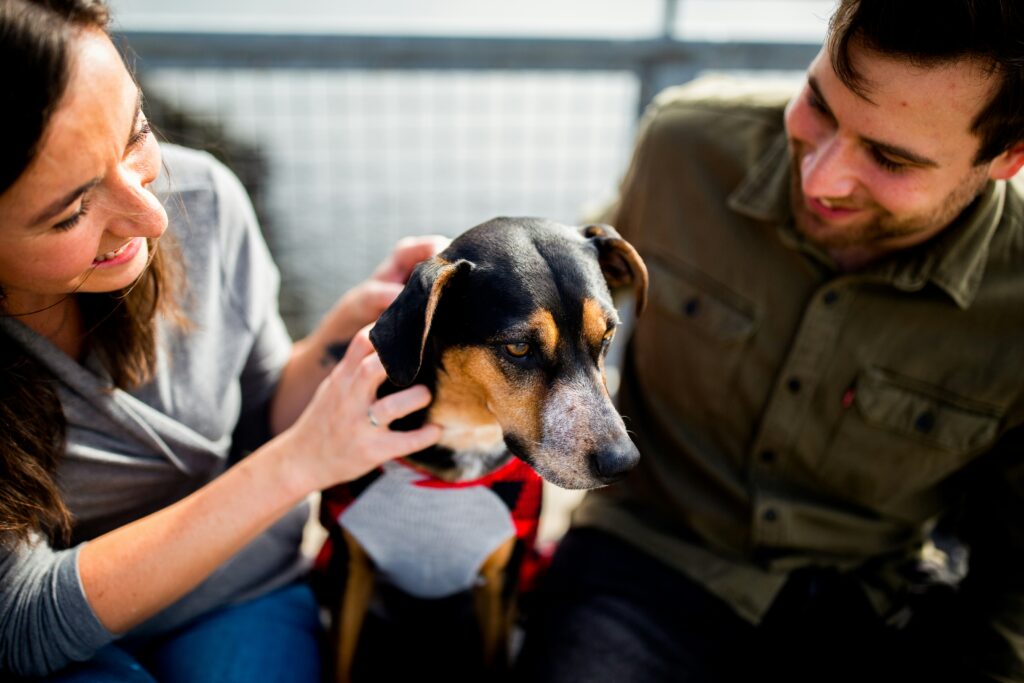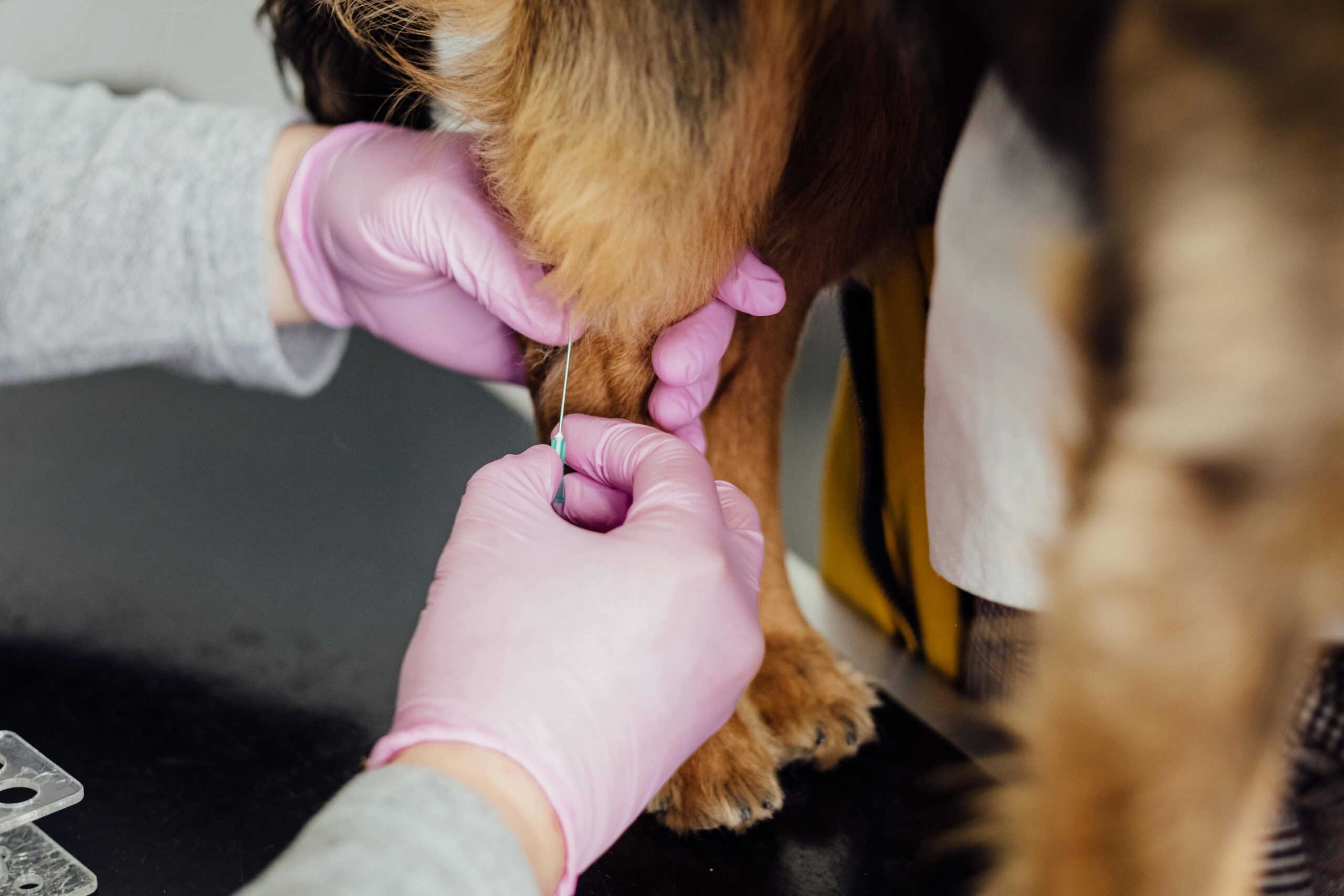Essential Vaccinations for Your Dogs: Depending on where you are located, certain infections may be more or less normal. Our veterinarian will assess the risks and benefits on the basis of specific lifestyle requirements for your dogs and advise you appropriately. Vaccination plans vary depending on your local area as well as the product and form of vaccination that your vet brings.
Essential Vaccinations for Your Dogs
A series of fundamental vaccines are necessary for all dogs and puppies. Some of the most fundamental immunisations include:
- DA2PP, DHPP, or DAPP, which stands for canine distemper/adenovirus-2 (hepatitis), parvovirus, and parainfluenza, all in one shot.
- Vaccine against Rabies Virus

🦴 Perth Dog Kennels Meal Plan for Your Dogs
Extra Immunisations
You and your pet’s way of life will determine whether your pet receives a noncore vaccine, sometimes called a lifestyle vaccine. Several vaccines that aren’t considered essential protect against diseases that may be exceedingly contagious or even deadly.
Up until the puppy is sixteen weeks old, we vaccinate it every two to four weeks. It may be beneficial to vaccinate certain dogs in high-risk areas one final time between the ages of 18 and 20 weeks.
Why Do Dogs Need Multiple Vaccinations?
Newborn animals have not yet had the chance to develop their own immunity so they need protection against infection. They’re receiving immunity from their mother’s immunity which is only temporary. It’s steadily declining over the first few weeks of life, and it’s pretty much gone by twelve weeks. The rate of decline varies depending on many factors This is why the dog must undergo 3 vaccinations from six to sixteen weeks of age.
When Can I Take My Puppy Out After He’s Had a Vaccine?
It cannot be guaranteed that your puppy will develop complete immunity from diseases that are vaccinated for up to 10-14 days after our recommended third vaccine. Nevertheless, the socialization of your puppy at this age is especially important. This is the same time when they are at the highest risk of infection with the disease, especially parvovirus.
You should avoid public areas such as parks and beaches until your dog finishes the vaccination program. Your puppy should only socialize around animals that are verified to be fully vaccinated or free from parvovirus, in a setting you understand.

🐕🦺 Tips to Keep Your Dog Fit and Healthy
Do the Vaccinations Have 100% Protection?
Vaccines have been extremely successful in safeguarding the majority of dogs from diseases such as distemper that were once common but now rare, but there are situations in which immunity conferred by a vaccine can be overcome and a vaccinated dog can still develop a disease. In such instances, the infection was usually milder than it would have been if your pet had not been vaccinated.
🐬 Best Things to do in Mandurah
Also visit:

